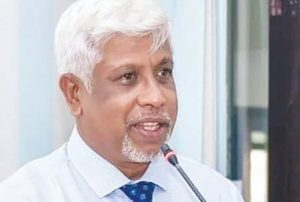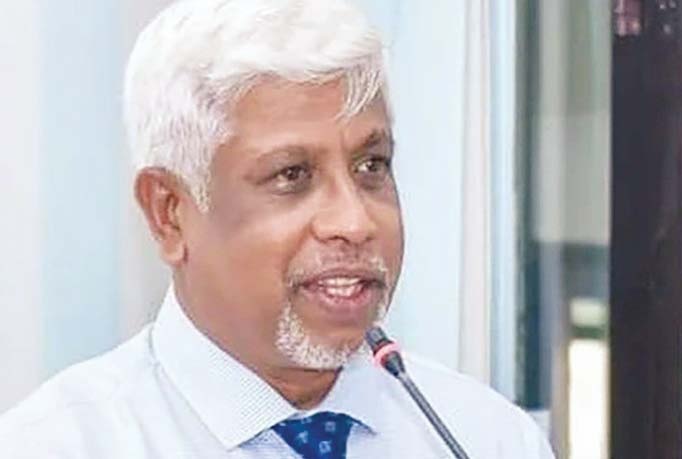“Presidential Election 2024: Navigating Constitutional Clarity and Funding Dynamics”
“Get insights into the upcoming Presidential Election in Sri Lanka 2024, exploring constitutional intricacies, Election Commission dynamics, and the evolving landscape of campaign financing. Delve into the stipulated dates, funding challenges, and historical perspectives on elections, providing a comprehensive view of the electoral journey.”

Presidential election will be held between 18 Sept. and 18 Oct. 2024
In the landscape of Sri Lanka’s elections, the Constitution sets a distinct time frame for the presidential election, making it immovable, as highlighted by Commissioner General of Elections, Saman Sri Ratnayake. Unlike other elections, the Election Commission holds no direct authority over the timing of local council or Parliament elections. Ratnayake sheds light on the intricacies of the Constitution, emphasizing the five-year tenure and the absence of provisions for extending it.
Gotabaya Rajapaksa’s presidency, initiated on November 18, 2019, brings forth a constitutional mandate requiring the next presidential election to be held between September 18 and October 18, 2024. Ratnayake explains the constraints faced by the Election Commission in requesting funds, noting a shortfall despite the essential need for adequate resources. The funding dynamics, as Ratnayake outlines, are crucial for executing both presidential and local or provincial council elections.
Looking ahead to the 2024 elections, Ratnayake provides estimates based on late 2023 prices and reveals a significant demographic shift with around 800,000 first-time voters. The article delves into the historical context of campaign financing in Sri Lanka, where Ratnayake traces the evolution from limited expenditure laws to the current scenario, emphasizing the impact of the proportional representation system on funding dynamics.
Campaign financing, once regulated by laws until 1977, underwent a transformation with the advent of proportional representation. Ratnayake cites historical instances where campaign expenditure played a pivotal role, leading to legal consequences for politicians. In the 2018 local council election, a candidate spent a staggering 40 million rupees for a ward with 1,800 votes in Maduraketiya, Moneragala, underscoring the evolving role of money in winning elections.
In essence, this piece unravels the constitutional clarity surrounding the upcoming presidential election in 2024, navigating through the Election Commission’s authority, funding challenges, and the historical trajectory of campaign financing, marking a transformative journey in Sri Lanka’s electoral landscape.







